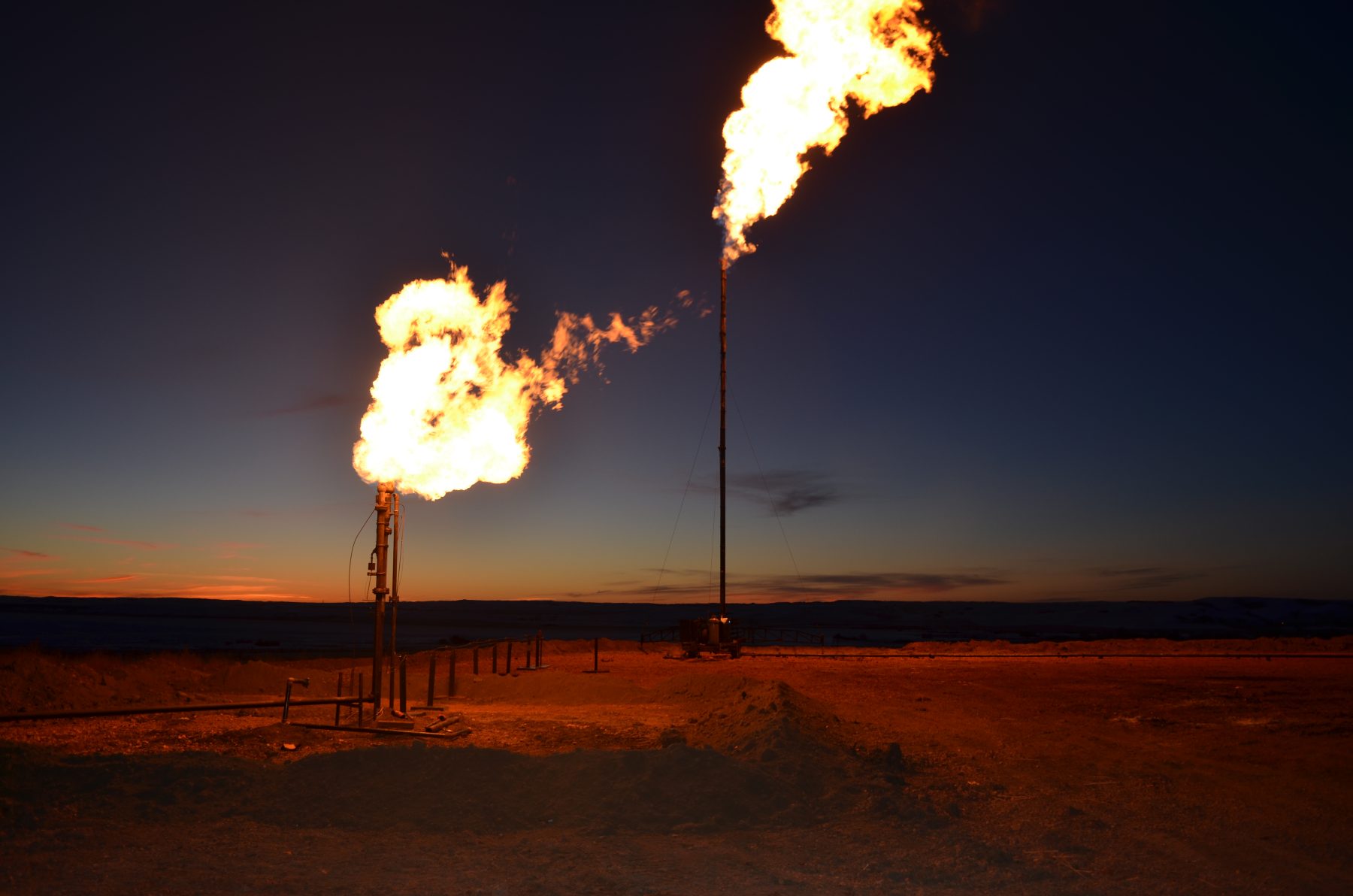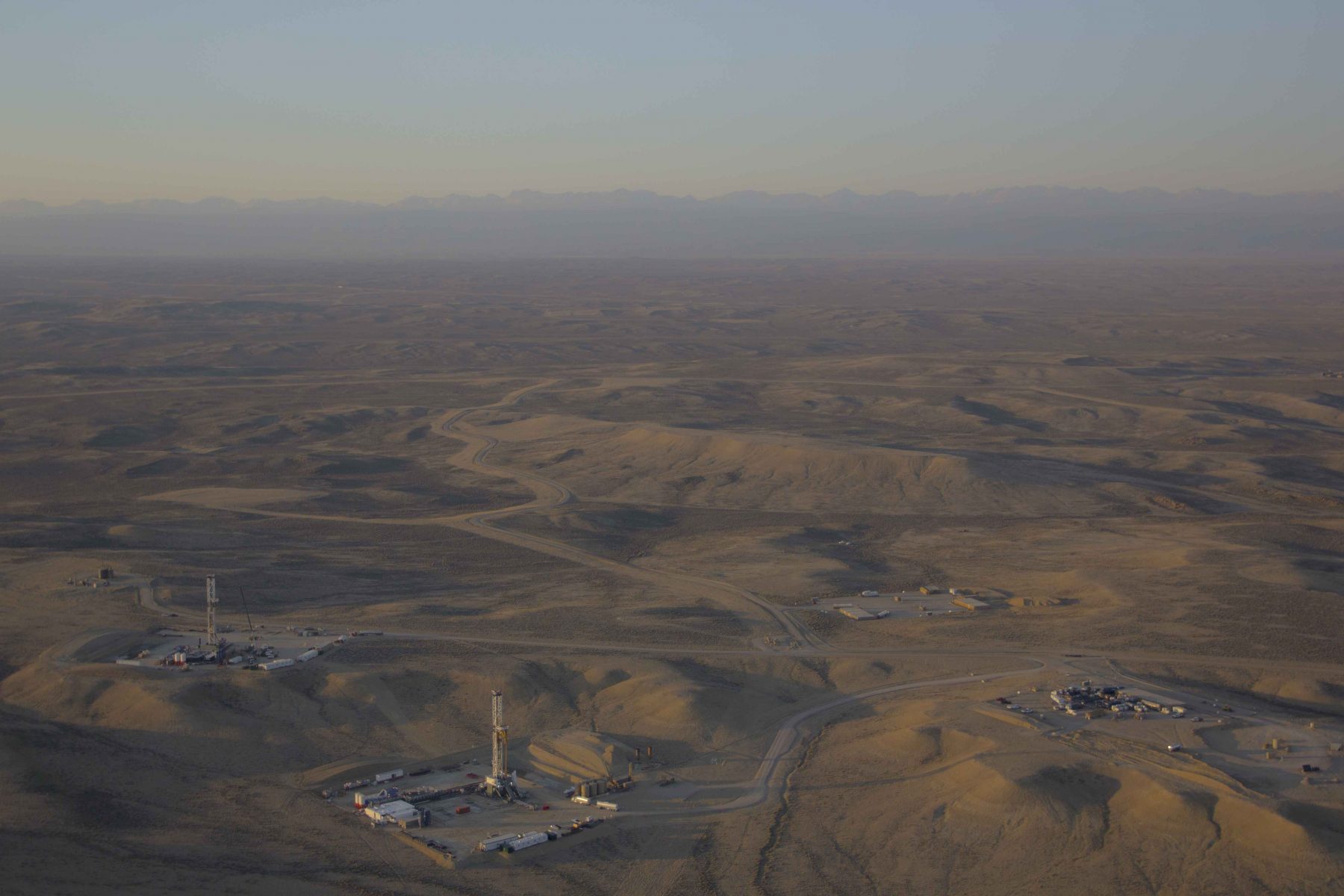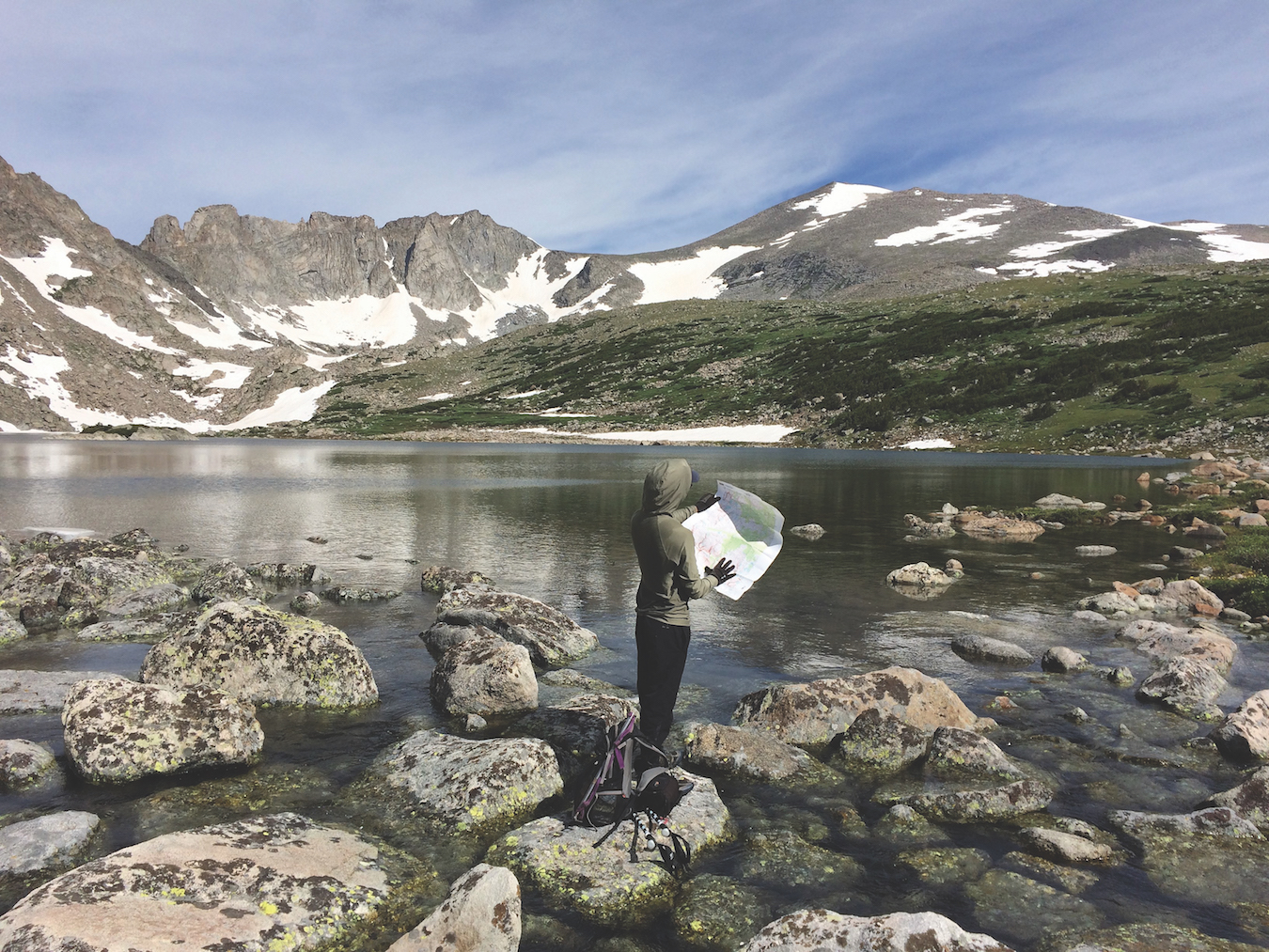On Friday, Nov. 11, the U.S. Environmental Protection Agency took an important step toward protecting public health and reducing greenhouse gas emissions that contribute to climate change by strengthening proposed rules that will reduce wasteful methane emissions from the oil and gas industry.
If enacted, these common-sense rules would be the first action by the EPA to regulate methane emissions from the thousands of existing oil and gas wells in Wyoming, not just future development. The rules are expected to promote new cost-effective technologies to prevent waste, and make natural gas more competitive as consumers demand cleaner sources of energy.
The announcement of new measures to cut methane and other harmful pollutants from oil and gas operations is welcome news, and builds off of Wyoming’s own successes in reducing harmful emissions and will limit wasted methane from leak-prone equipment.
The updated proposal would require routine and cost-effective monitoring of well sites, encourage the development and use of new leak detection technologies, and set higher standards for flaring — a practice by which methane is burned as a waste product rather than captured and sold.
The Wyoming Outdoor Council sees these rules as essential to spurring future innovation around leak detection and repair and to creating a level playing field for methane regulation across the oil and gas industry. We’re encouraged by the efforts to address routine flaring, and hope that the final rule fully eliminates this wasteful practice.
Methane emissions from human activities are responsible for about 30 percent of global warming since the industrial revolution.
The case for cutting methane emissions
- Methane regulation is supported widely by leading industry and conservation groups. Many oil and gas operators, including major Wyoming producers like Jonah Energy and Purewest Energy, are already working to reduce sources of wasted methane as consumers demand cleaner sources of energy.
- The Inflation Reduction Act, which passed into law in August 2022, set aside roughly $1.5 billion to help operators to comply with new methane emissions rules.
- Capturing methane is very cost effective. In many cases wasted natural gas can be captured and sold, paying for most, if not all, of the additional work needed to capture it. Recent data from the International Energy Agency suggest that up to 45 percent of wasted methane emissions can be prevented at no net cost.
- Reducing methane leaks saves taxpayer dollars and stewards valuable resources for the future. In 2018, the Wyoming Outdoor Council and its partners estimated that between $51 million and $96 million of methane was vented and flared annually in Wyoming. This translated to $9-16 million lost in annual royalty payments to the state.
- Reducing methane emissions from oil and gas production is widely regarded by scientists and policy makers as a critical first step to mitigate the worst impacts of climate change in the future. Methane is a powerful greenhouse gas responsible for about 30 percent of global warming since the industrial revolution. However, methane also leaves the atmosphere quickly compared to other greenhouse gases like carbon dioxide. Reducing wasted methane emissions now is one of the best opportunities to buy time to implement other climate solutions.
- Reducing methane emissions has significant air quality and human health benefits. The same leak detection and repair practices used to reduce methane will also reduce harmful air pollutants such as volatile organic compounds (VOCs) that cause respiratory damage and contribute to poor air quality.




